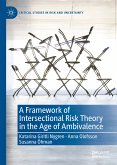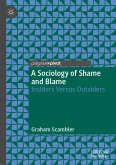This book revisits the modern history of Poland, from the perspective of its social sciences. The book makes this case study a model for the application of Bourdieu's approach to the historical analysis of non-core Western societies. The book is, in other words, a reflexive study of the application of Bourdieu's social theory. At the same time, it also critically studies the application of Western social theory in Poland, which is largely seen as a peripheral country. The study of Polish social sciences, with particular emphasis on linguistics and literary studies, points to the peculiar dynamics of peripheral intellectual and academic fields and their external dependencies. These insights offer a critical extension of Bourdieu's theory of state and social elites beyond the Western core focusing on how the theories can be used in the reinterpretation and expansion of post-colonial theory, global history and comparative studies of post-communism.
The book will be suitable for scholars and students of all those interested in the social theory of Pierre Bourdieu, global historical sociology, societies in Central and Eastern , socio-linguistics, literary studies and political sociology.
Dieser Download kann aus rechtlichen Gründen nur mit Rechnungsadresse in A, B, BG, CY, CZ, D, DK, EW, E, FIN, F, GR, HR, H, IRL, I, LT, L, LR, M, NL, PL, P, R, S, SLO, SK ausgeliefert werden.









